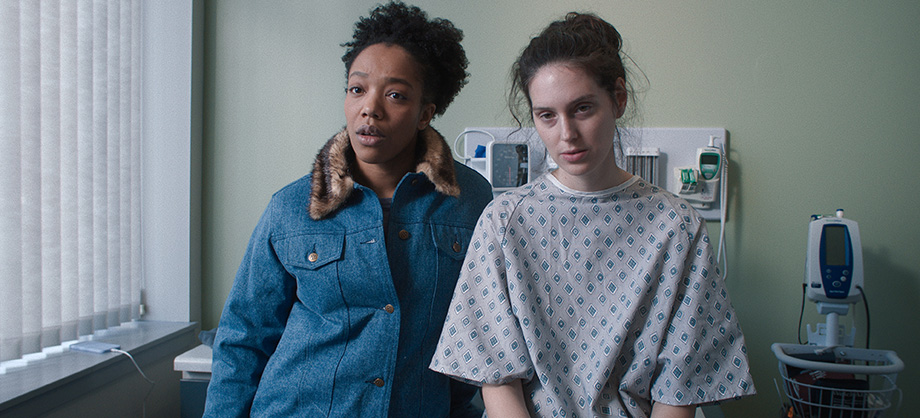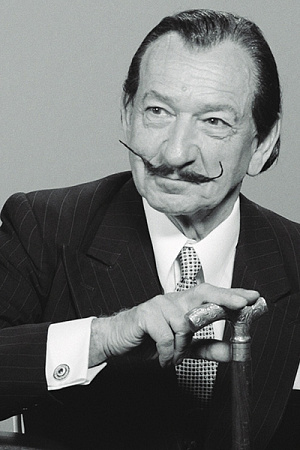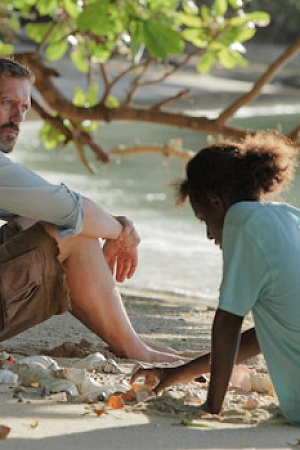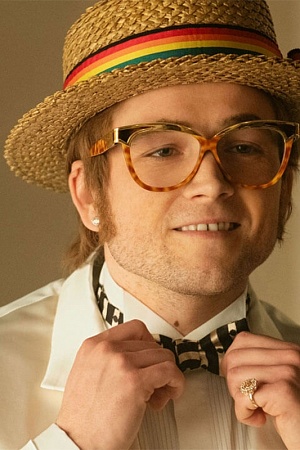Sorry, Baby

Agnes (Eva Victor) is a high achiever. Barely out of her twenties, she is already a faculty member of the English department at a north-eastern US college. The red-brick college sits with certainty in the landscape; so should Agnes, but something is off. The cottage where she lives – narrow and tall, just like she is – feels isolated. At night she hears the wind in the trees and checks the door, waiting for something. A reckoning never materialises.
Sorry, Baby, which is also written and directed by Victor, toggles backward and forward in time from the Agnes who is outwardly established, yet nervy, to a slightly younger Agnes who is radiant with promise. We learn that what has dimmed her is rape, though the word is hardly used, and ‘what happened’ is not really the film’s narrative concern so much as how it feels to live with what has happened, which Agnes calls ‘the bad thing’. The after-effects of the assault by her thesis supervisor (the culprit is flagged early) extend to the oddly underpopulated town and the muted colour scheme of browns and whites, which suggest that Agnes now perceives the world at a lonely distance. Supporting her is her friend and sometimes housemate, Lydie (Naomi Ackie), and her nearest neighbour, Gavin (Lucas Hedges), with whom she maintains a casual, low-stakes relationship.
Continue reading for only $10 per month. Subscribe and gain full access to Australian Book Review. Already a subscriber? Sign in. If you need assistance, feel free to contact us.










Leave a comment
If you are an ABR subscriber, you will need to sign in to post a comment.
If you have forgotten your sign in details, or if you receive an error message when trying to submit your comment, please email your comment (and the name of the article to which it relates) to ABR Comments. We will review your comment and, subject to approval, we will post it under your name.
Please note that all comments must be approved by ABR and comply with our Terms & Conditions.